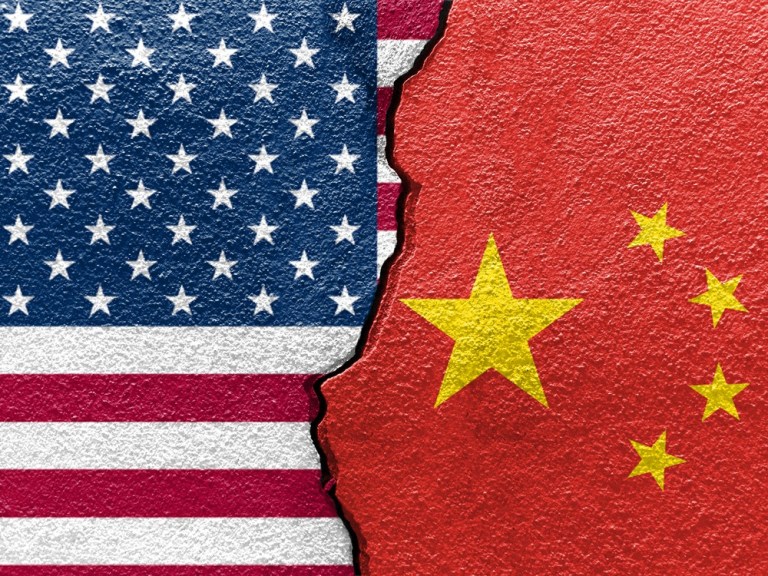Chinese Investments In US Tech Startups Dry Up

Investments on the part of China in U.S. technology startups are slowing down thanks to increased scrutiny on the part of the White House.
According to a report in Reuters citing Rhodium Group, Chinese venture funding in U.S. tech startups reached $3 billion in 2018, marking a record as investors and startups rushed to close deals before new regulatory oversight went into effect in August. But since then, investing on the part of Chinese funds has slowed down greatly, reported Reuters, based on interviews with more than 35 individuals involved in investing or tech startups.
Hurting the investments, reported Reuters, is new legislation that gives the U.S. government more authority to block foreign investments in companies residing in the U.S. The Trump Administration is particularly focused on not letting China get access to U.S. technology via investments. “Deals involving Chinese companies and Chinese buyers and Chinese investors have virtually stopped,” said attorney Nell O’Donnell, who represented U.S. tech companies in transactions with foreign buyers.
Meanwhile, other lawyers told Reuters they are rewriting deal terms so they can get the nod of the U.S. government. At the same time, Reuters reported Chinese investors are giving up on deals with U.S. tech companies and have stopped accepting meetings. Some startup leaders are opting to stay away from Chinese investors out of fear the government will launch a long drawn-out review that could use up resources and hurt momentum.
Volley Labs, a startup in San Francisco that uses AI for corporate training, told Reuters it has declined offers from Chinese investors following on the heels of an investment made by TAL Education Group of Beijing. “We decided for optical reasons it just wouldn’t make sense to expose ourselves further to investors coming from a country where there is now so much by way of trade tensions and IP tensions,” Carson Kahn, Volley’s CEO, told Reuters. On top of that, a venture capitalist in Silicon Valley told Reuters that at least ten investments did not happen because they would need the approval of the Committee on Foreign Investment in the United States (CFIUS).